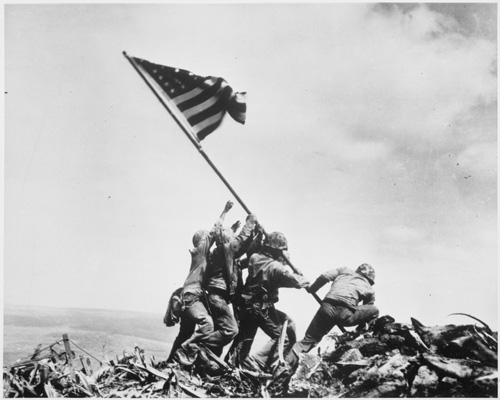 Flag Being Raised On Iwo Jima
Flag Being Raised On Iwo JimaI recently watched 'Flags Of Our Fathers', a WWII tale of the "heroes" who raised the (second) flag at Iwo Jima. This was not a feel-good film - and it wasn't because of the blood and gore, either. We had plenty of that in 'Saving Private Ryan' which was nothing but a feel-good film, despite the severed limbs and high body count. 'Flags' was a scrutiny of a single event involving a small group of soldiers which highlighted all the worst parts of any war. The politicking, manipulation of the media, manipulation of the country's perspective, the outrageous funding efforts and the government's lack of compassion for the individuals.
My husband asked what I thought of this movie and my first thought was not about any of that. It was that a film like that could not have been made much earlier than now and been acclaimed. It has been more than 60 years since Iwo Jima and most of the people who remember it firsthand have died. So now, a movie that exposes the less-glamorous aspects of that particular war can be watched without it feeling like ripping a scab off a wound. World War II was, after all, our most popular war.
Yesterday was Holocaust Remembrance Day in the USA. I remember watching the miniseries 'Holocaust' on TV when I was a girl in 1978. Even though I was thirteen and had no family affected by that horror, I recall how controversial it was and how hard it was for Americans to watch. Persons personally affected by the Holocaust argued that it trivialized the tragedy, while supporters say it increased Holocaust awareness and helped it not to be forgotten. I believe it was simply too soon. Even though thirty years had passed, emotions still ran high.
In marked contrast, many all-too-realistic films have been made about our least-popular war, Vietnam. I still know many Vietnam vets and most do not watch any of those movies. It's too soon for them. Others watch them and the watching stokes their still-simmering anger about the futility of it all. No efforts ever made us feel good about Vietnam.
Lately, writers and film makers have been trying, tentatively in most cases, to create stories around the events of September 11, 2001. Those closest to the events still cry "too soon". Others argue that companies are cashing in on the tragedy, that these works trivialize the event. While this was a very personal attack for the US and it was certainly a senseless tragedy, in terms of scale only, it was not our most devastating loss. In terms of scale, it is on par with Pearl Harbor. It has been 65 years since Pearl Harbor and I have to tell my children every year what it was, because it isn't real to them as it wasn't real to me. It is history.
It has only been six years since 9/11. Should we, as writers, wait another fifty years before we create tales about it? Wait until the emotion fades, until we gain perspective? Until we see whether our ongoing war is among the most or least popular? Or is there something to be gained from plumbing what will someday be "history" for our readers today?

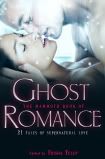
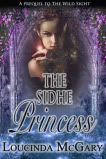
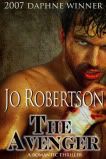
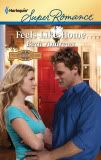
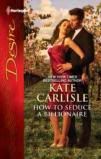

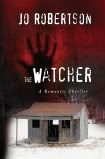


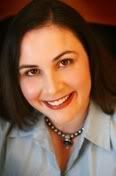











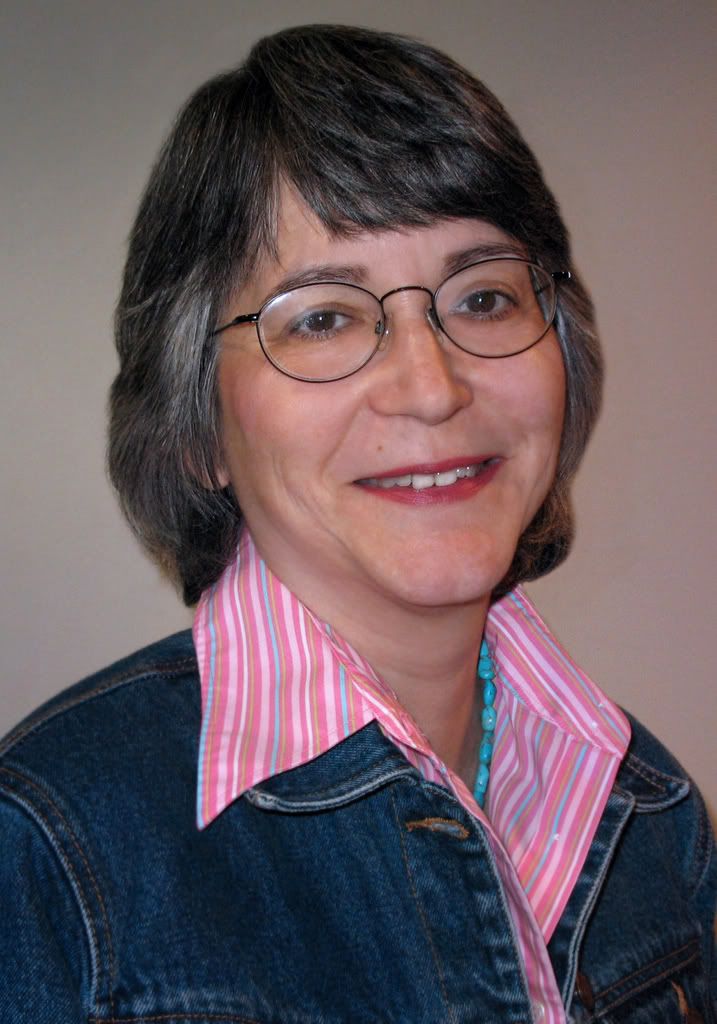




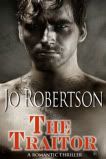




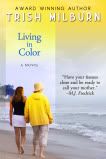
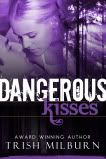









































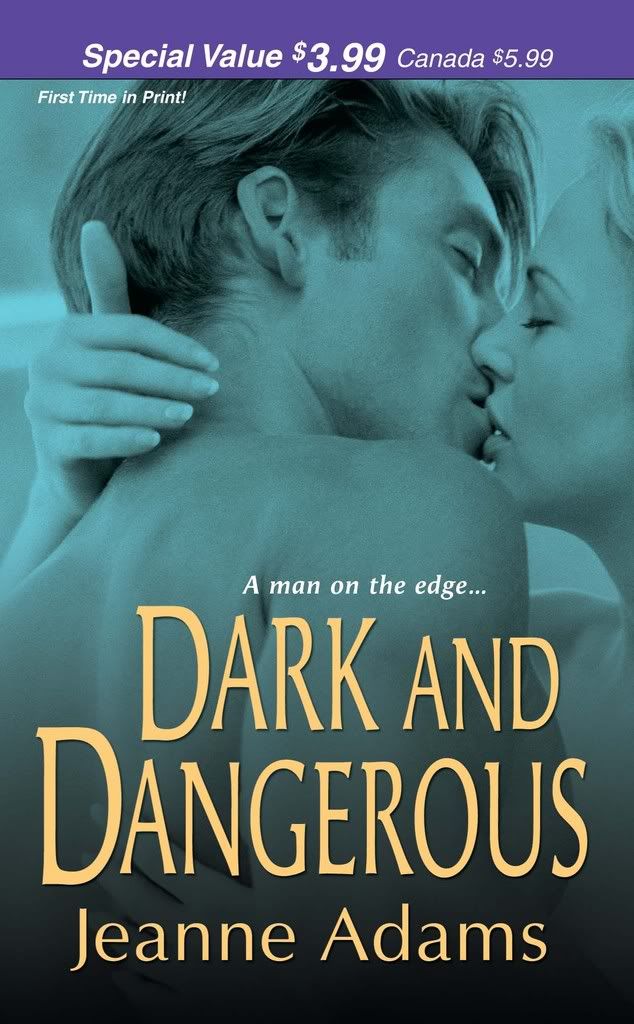



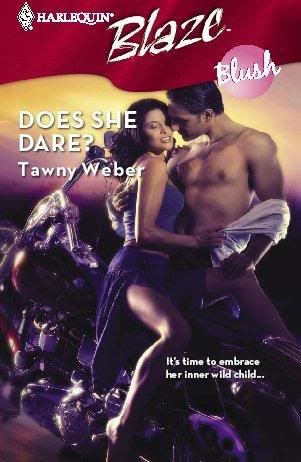





8 comments:
Caren,
Perspective. Boy, that is a tough one. Kind of like "hindsight is the best foresight" type of thing.
Historical events are shaped by too many factors to be able to definatively decide when it is the right time to reflect on them, weather it be within the context of a film or a written story. That would be the challenge for any author.
Sadly, humankind (or rather I should say the majority of humankind) rarely is able to come to a concensous about events...the right and wrong ways to handle things, the significance of actions. Nobody has all the answers. You just make the best decisions you can at the time with what information you have.
It's a challenge to weigh all the different aspects of events especially ones in the past that you may not have experienced but still make a collective impact on you. For instance, I admitted an 86 year old man with a broken hip yesterday. During the course of taking his medical history, he related to me that he had spent 2 years as a POW in Germany during WW II. In a very matter of fact, yet poignant way he told me he had had "stomach problems" for 60 years...related to having gone without much food during his time at the camp. He told me yes, he'd had a fracture before...a fractured skull when a German guard rifle butted him on top of the head. He looked at me and said "You know, I still don't know why he did that."
I experienced 9/11 like so many Americans from my TV but I gained another perspective on my first trip to Ireland. We had met and chatted with an older couple from Britain. The gentleman aske (rather flippantly) "So, how's America doing after 9/11?"
I just related what a shock it had been, a terrible loss etc. and he answered (and I'm paraphrasing). "Now you know what the rest of the world goes through."
Huh. That would be the rest of the world who I prayed for when tsunami's hit, when a British patrol was held for almost two weeks in a hostile country. That world?
So perspective for any historical event is shaped by many factors. Time is one of them but if you have a story to tell, if you have characters who are shaped by or a part of the events...tell it. You'll help the reader gain perspective.
Excellent comments, Caren. History is a complicated thing, tinged as it is by personal memory, which is generally very unreliable. I think stories should be told from all angles.
Without the immediate emotional impact of the people in the event, we would lose the heart of its effect on ordinary men and women. Without the distance of time, we'd lose the objectivity that allows nonbiased interpretation of the same event.
Those of us who were alive during Jack Kennedy's assassination will never forget the exact moment we learned of the news, where we were, what we felt, what we did. Those are critical shades of the human experience. In the same way, my mother never forgot the attack on Pearl Harbor, and my children will never forget September 11.
I think good writers walk that fine line between wrenching emotion and factual reality. jo
Jo,
Great..ummm..perspective.
I was in kindergarten when President Kennedy was assasinated. The only thing I remember is a snatch of the funeral on TV.
I then spent the time growing up hearing about it, watching documentaries about it (and the inevitable tarnishing of his personal life)and kind of living off the collective perception of the type of President he was.
So, when I went to Dallas for the first time and went to the book depository I didn't expect to be that interested. But it turned into a very emotional, poignant experience. I then felt what my parents had felt,what the nation had felt. I got a glimpse of what he as a President meant for us at the time, what kind of LEADER he had been.
Perspective is an evolving thing for all of us.
Wow, Caren, brilliant post. I've faced this question and other similar ones as a journalist--stuff that is really about the ethics of art and writing when it comes down to it--more than once, and there are no easy answers.
Though I haven't seen the film, one of my immediate reactions was also that sometimes films like this can be acclaimed after everyone who participated has passed on because there's no one left to blow the whistle and say "hold on, that's not the way it was, and I know because I was there...." I'm thinking of my WWII veteran father who passed in 1998. Each year now is taking its toll on those who fought that war. There aren't many left.
After 9-11 my husband and I did a lot of talks to civic groups because we went with our dogs to search through the rubble following the fall of the towers. As we spoke to people, we found they had a deep need to hear firsthand what it was like from someone who had been there. To hear about it was healing for them. The media was kept at somewhat of a distance for a good reason in this event, so that the necessary work could be done,and so those members of the media who don't have many scruples would not prey on the pain of the families and the searchers. But that distance also kept at a distance the entire rest of the American public, most of whom were aching to "just do something to help" and who felt so helpless during the aftermath.
In fact I'm not sure any camera angle or talking head could have summed anything up or given the public what it needed during the 9-11 disaster. And I believe that's true of any large conflict. Each angle or shot is only one of thousands that can be taken, and may or may not serve a positive purpose. There is always corruption and there is always that which is just, all taking place under the umbrella of a larger event. Because that's what we are as humans--some self-serving, others selfless.
How long should we, as writers, wait? The Ritual, my GH finaling manuscript, was about terrorism in New York City. It was ready to send in when those towers fell. I'll tell you I couldn't do it. I couldn't send it to the editors whose offices were just down the street from that pile of rubble. It took me three years before I could consider sending it. Maybe too long.
What a challenge, and what a question you have brought up!
cassondra
Caren, wow, fanastic post. And so important. I think we need both accounts - the one with the perspective of history and the raw one of the people on the ground. And while the world mightn't be ready now, who knows how it will feel when it revisits those documents in twenty or a hundred years? The judgment of history is almost NEVER the judgment of the time when the events happened.
I often think of JS Bach who tried all his life to establish a correspondence with Handel (the only man in Europe who was anything like equal to him - and I think Bach KNEW how good he was even if nobody else did). But Handel was world famous and never replied and the two men never met. Bach was an obscure composer who for most of his life was judged hopelessly old-fashioned. In fact, there's a sad/funny story where the big wigs in Leipzig where Bach spent a lot of his composing life approached two other composers before they gave Bach the job. One was a guy called Graun who was a HUGE noise in music back then although only music students know him now. Another was, I think, Telemann (I'm relying on an unreliable memory here) who has had a bit of a renaissance with the early music movement but is certainly not a household name. When both G and T (ha!) knocked the Leipzigers back, they fell back on their third choice, JSB, with the words "Oh, well, if we can't get the best, we'll have to take what we can get."
Yet, now, I think a lot of people would say JSB was the greatest composer who ever lived (have to laugh, his first cello suite has just come on the radio - he must have been listening!). Mozart might get a look-in as a rival, perhaps Beethoven. So there's posterity's judgment for you!
Got a bit off topic there. Sorry. I think I was trying to make a point about different perspectives and each having their validity.
Thanks for making me think about this, Caren!
Very interesting and thought-provoking post, Caren.
What is especially interesting is how it relates to a debate that has recurred in romance-writing from time to time. That of what defines a historical romance.
The stock answer is that anything after the Victorian era is not historical. Why? Especially when there are some great periods to write about. Somne great classic romantic films are set in those times. And yet, stories written about those times are frowned on.
Again, there is a stock answer. Something about it being too close to us - I even heard one editor say that there was an ick factor about a romance that could have been your grand-parents.
Really? From whose perspective?
I'd love to write a 'modern historical' - for me, WWII lends an intense emotional backdrop for a romance. As does the post-war era.
As you say, maybe that's because enough time has passed to enable us to write the stories. If only editors had the same perspective!
Anna, how interesting that you brought up that period as a setting for romance novels. I recently was fortunate enough to teach a university class with a professor--we taught "Genre writing for publication" at Western Kentucky University as a winter intersession course. As an example of contemporary romantic suspense I chose Suzanne Brockman's Out of Control. I'm sure many have read it. She uses a magnificent technique which includes the actual grandparents of the heroine, recounting their WWII experiences, interspersed with the current Navy SEAL hero and his heroine on their own RS adventure. I thought it was brilliant, and I could see myself caught up completely in that world if the book had been written strictly about that WWII era. And as it's going, we won't have the "nobody wants to read about their grandparents" excuse for long. We're losing most of those folks at such a rapid rate...it's frightening to realize that I could be a grandmother. And there are so few around now who can even fathom that my FATHER fought in WWII, and most can't even grasp that a grandfather could have. I suppose the editorial world is like the music biz in that way..."Lordy don't the wheels turn slow."
cassondra
Cassondra, you hit on something that often occurs to me. My husband had older parents and was the youngest in his family. His father fought in WWII and was a prisoner of war in Germany for many months. So for my husband, WWII feels "close". His father rarely said anything about the war.
As for me, my grandfathers both had "essential jobs" and didn't serve. My own father had a kidney problem that kept him out of Vietnam. I lost several great-uncles in WWII and a grandfather in WWI, but I never knew any of them.
My stepfather served in Vietnam and never wanted to talk about it. A friend of mine was married to a Vietnam vet who was drafted at 18 and came back very damaged. He battled PTSS until he died, far too young, at 58. He never wanted to talk about it, either.
So, my experiences with all the "modern" wars were very distant. Maybe that's why it seems more historical to me and, as Cassondra and Anna said, I would have no problem with romances set then.
On the other hand, the 60s and 70s do not have a romantic feel to me. I lived during those eras and still remember the feel of the polyester! But I can already see my children and their peers romanticizing it with their retro fashions and music. I'm sure that's how my grandmother feels about WWII!
Post a Comment